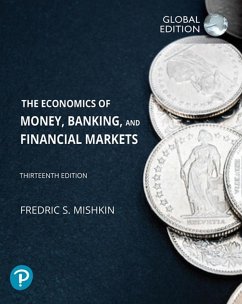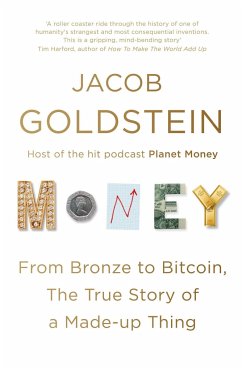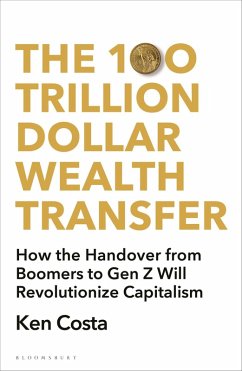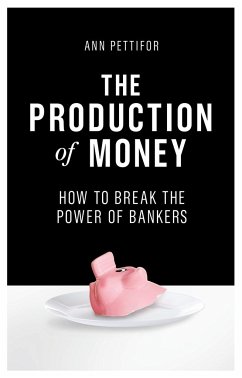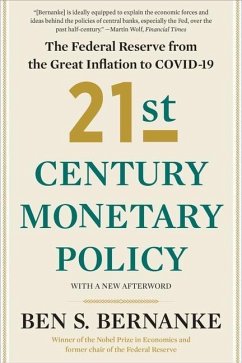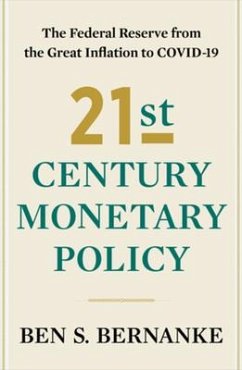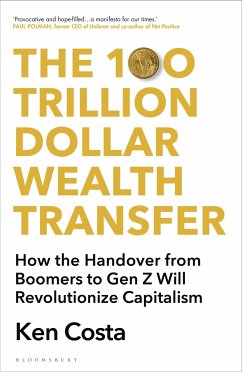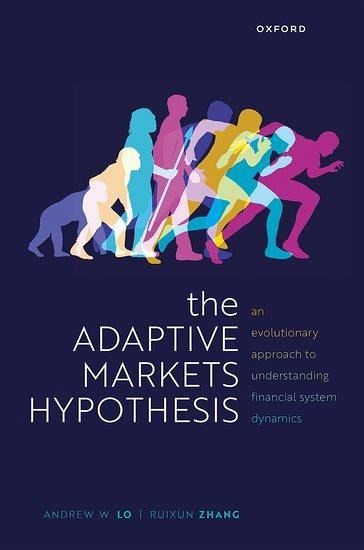
Andrew W. Lo (Charles E. and Charles E. Susan T. Harris ProfessorRuixun Zhang (Assistant Professor and Boya Young Fellow, , Assistant
Gebundenes Buch
The Adaptive Markets Hypothesis
An Evolutionary Approach to Understanding Financial System Dynamics
Versandkostenfrei!
Sofort lieferbar

PAYBACK Punkte
12 °P sammeln!




The Adaptive Markets Hypothesis is a formal and systematic exposition. Lo and Zhang develop the mathematical foundations of the simple yet powerful evolutionary model and show that the most fundamental economic behaviours that we take for granted emerge solely through natural selection.
Andrew W. Lo is the Charles E. and Susan T. Harris Professor at the MIT Sloan School of Management, director of the MIT Laboratory for Financial Engineering, a principal investigator at the MIT Computer Science and Artificial Intelligence Laboratory, and an affiliated faculty member of the MIT Department of Electrical Engineering and Computer Science. He is also an external faculty member of the Santa Fe Institute and a research associate of the National Bureau of Economic Research. Lo received a B.A. in economics from Yale University in 1980 and an A.M. and Ph.D. in economics from Harvard University in 1984. Ruixun Zhang is an assistant professor and Boya Young Fellow in the School of Mathematical Sciences at Peking University (PKU). He is also affiliated with the PKU Laboratory for Mathematical Economics and Quantitative Finance, the PKU Center for Statistical Science, and the PKU National Engineering Laboratory for Big Data Analysis and Applications. Prior to joining PKU, he worked at several places including Google and Goldman Sachs. Zhang received Ph.D. in applied mathematics from MIT in 2015, and B.S. in mathematics and applied mathematics and B.A. in economics from Peking University in 2011. His research interests include evolutionary models of financial behavior, sustainable investing, FinTech, and applications of machine learning.
Produktdetails
- Clarendon Lectures in Finance
- Verlag: Oxford University Press
- Seitenzahl: 800
- Erscheinungstermin: 22. Februar 2024
- Englisch
- Abmessung: 237mm x 164mm x 40mm
- Gewicht: 1344g
- ISBN-13: 9780199681143
- ISBN-10: 0199681147
- Artikelnr.: 66687781
Herstellerkennzeichnung
Libri GmbH
Europaallee 1
36244 Bad Hersfeld
gpsr@libri.de
Für dieses Produkt wurde noch keine Bewertung abgegeben. Wir würden uns sehr freuen, wenn du die erste Bewertung schreibst!
Eine Bewertung schreiben
Eine Bewertung schreiben
Andere Kunden interessierten sich für


